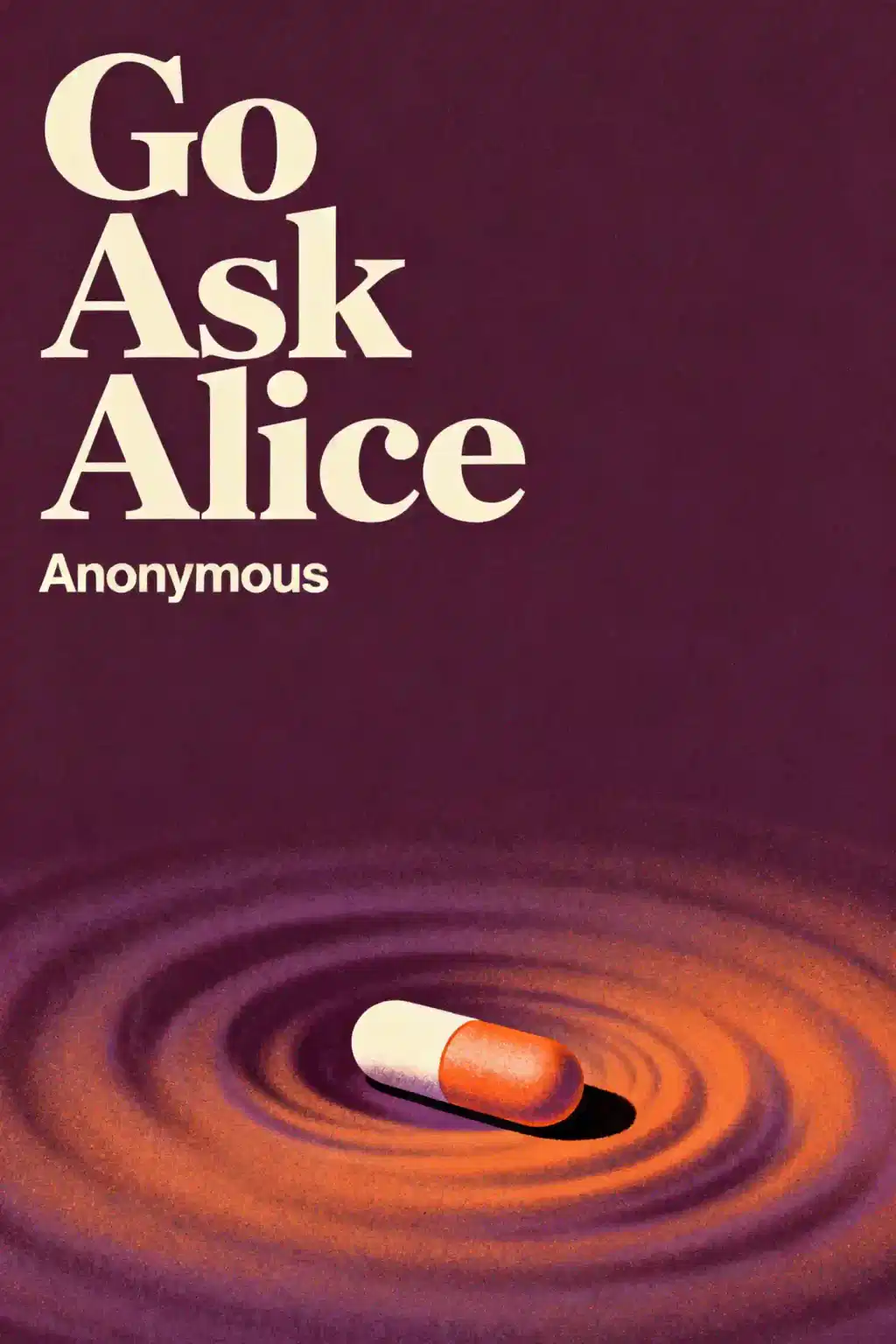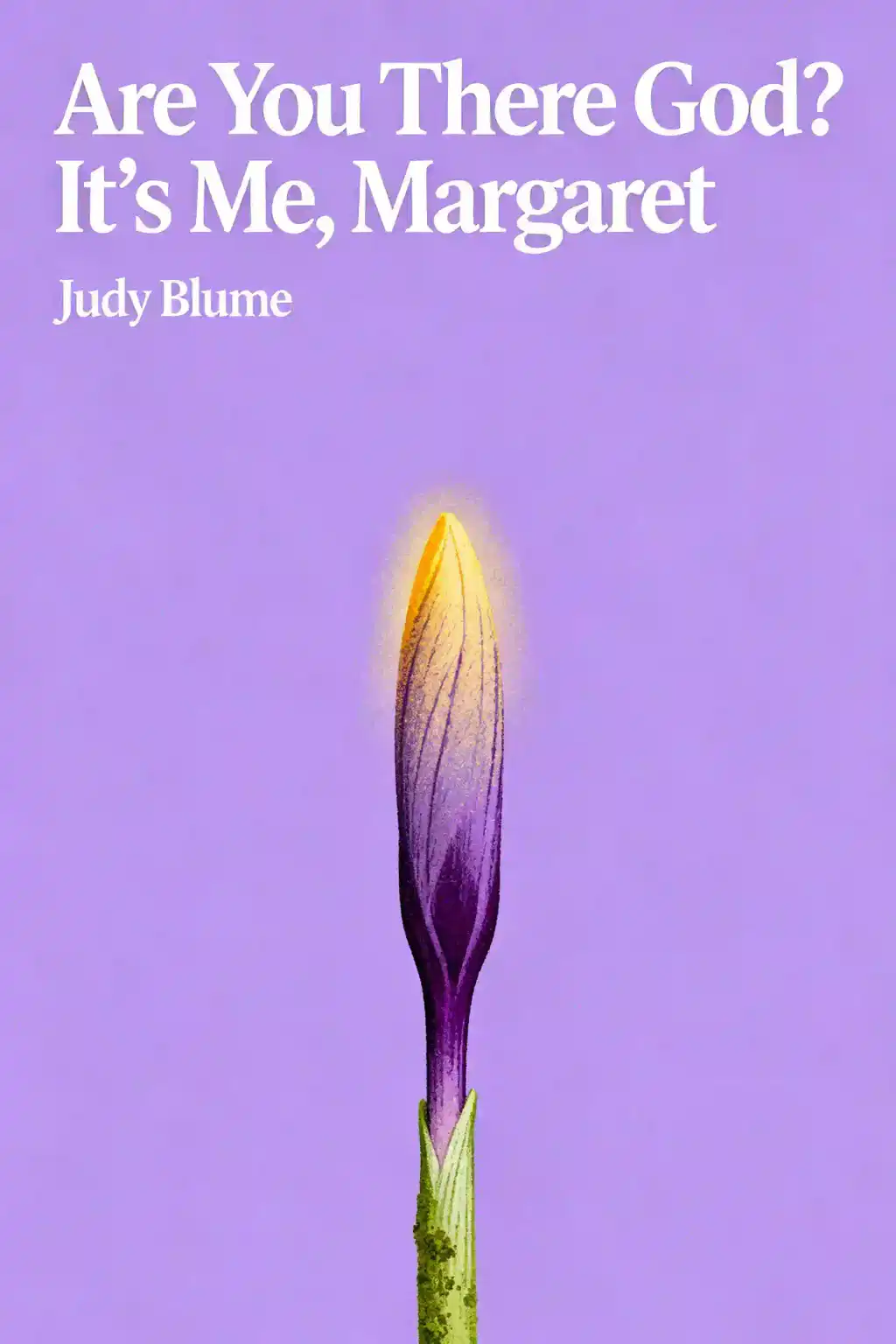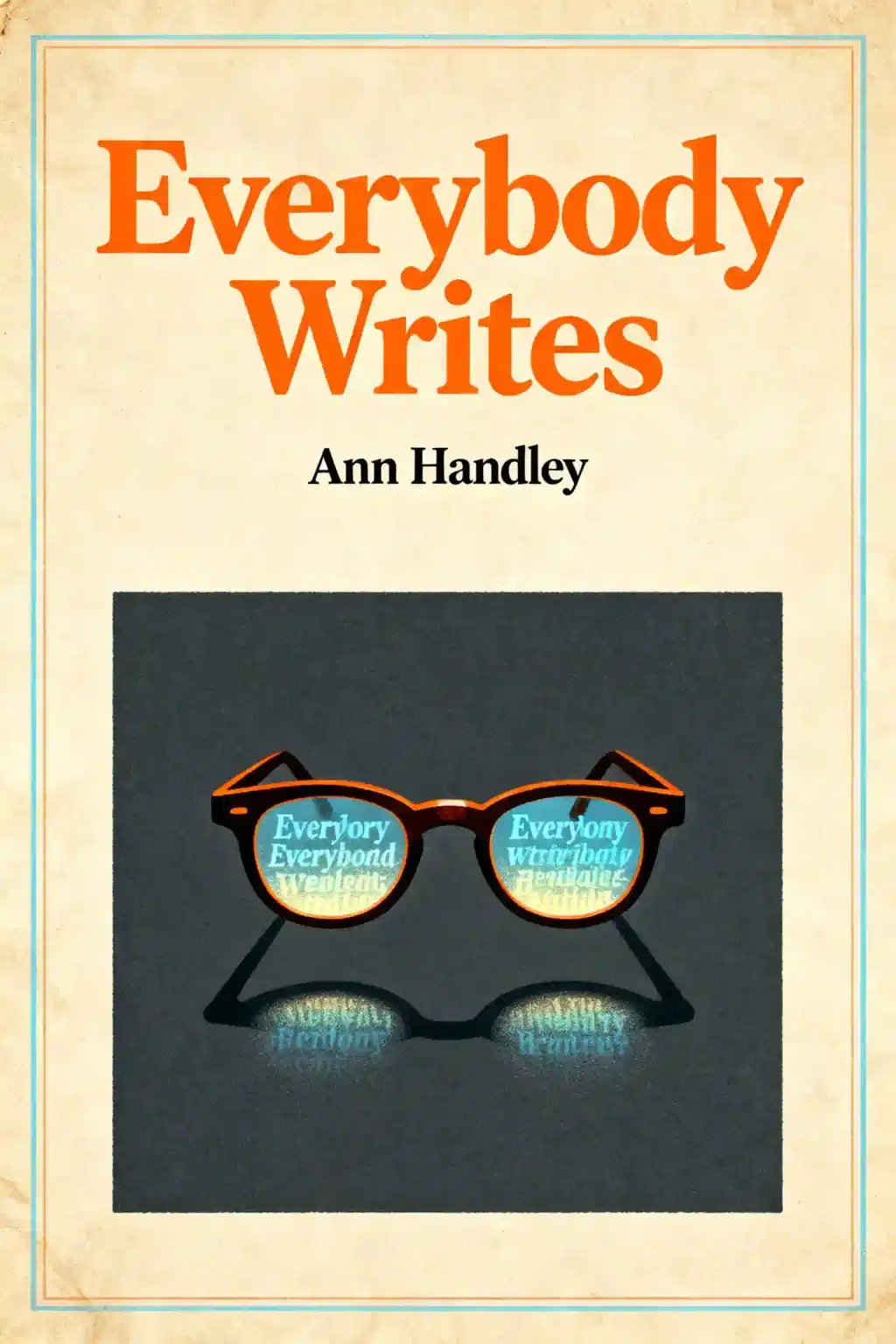What is Go Ask Alice about?
Go Ask Alice is a 1971 book presented as the diary of a 15-year-old girl who descends into drug addiction after being unknowingly drugged with LSD at a party. The diary chronicles her two-year struggle with substance abuse, including experiences with marijuana, amphetamines, and hallucinogens, as well as her involvement in drug dealing, prostitution, and eventual psychiatric hospitalization. The story follows her repeated attempts to get clean and her tragic death from a drug overdose at age 17.
Go Ask Alice was written by Beatrice Sparks, a Mormon youth counselor from Utah, though the book is still published under the byline "Anonymous." Sparks originally claimed she edited the real diary of a teenage girl she met at a summer camp, but investigative research revealed the diary was fabricated. Sparks created the anonymous authorship as a marketing strategy to make the cautionary tale appear more credible to young readers, and the book has sold over five million copies since publication.
Who should read Go Ask Alice?
Go Ask Alice is marketed toward teenagers, parents, and educators concerned about drug addiction and substance abuse issues. The book targets readers seeking cautionary tales about the dangers of drug experimentation and its social, psychological, and physical consequences. However, potential readers should understand that Go Ask Alice is a work of fiction rather than a true diary, despite being shelved in non-fiction sections and marketed as a "harrowing true story" by some publishers.
Is Go Ask Alice worth reading?
Go Ask Alice remains culturally significant as a snapshot of 1970s anti-drug messaging, having impacted millions of readers over 50 years, but its value is complicated by its deceptive presentation as non-fiction. The book effectively scared many readers away from drug experimentation, though critics argue its melodramatic portrayal and fabricated nature may have spread misinformation about substance abuse. Readers should approach Go Ask Alice as a fictional cautionary tale rather than an authentic memoir, understanding its role in the disinformation campaign against drugs during the 1970s.
Is Go Ask Alice based on a true story?
Go Ask Alice is not based on a true story despite being marketed as the authentic diary of a teenage drug user. Beatrice Sparks fabricated the diary entries and created fictional source material, including forged endorsements from nonexistent experts described as "the editors". While Sparks claimed she met "Alice" at a Mormon summer camp and edited her diary after the girl's death, investigative journalist Rick Emerson's research in Unmask Alice revealed no evidence supporting these claims. The book continues to be sold as non-fiction on Amazon and in bookstores despite its fraudulent origins.
How does Alice die in Go Ask Alice?
Alice dies from a drug overdose three weeks after her final diary entry, at age 17, just as her life appeared to be improving. The epilogue reveals her death occurred unexpectedly after she had successfully recovered from psychiatric treatment and was enjoying healthy relationships with her family, boyfriend Joel, and drug-free friends. Her death happens off-page after the diary ends, with the book suggesting that despite her recovery efforts and positive trajectory, the consequences of her past drug involvement ultimately claimed her life.
What happens to Alice in Go Ask Alice?
Alice's journey in Go Ask Alice begins when she's unknowingly drugged with LSD at a party during summer vacation, triggering a two-year cycle of addiction, recovery, and relapse. She becomes involved in selling drugs to increasingly younger customers, runs away to San Francisco with her friend Chris, experiences brutal sexual assault, and cycles through periods of drug abuse, prostitution, and attempts to get clean. After someone spikes her babysitting snacks with LSD causing a severe overdose, Alice is hospitalized in a psychiatric institution where she receives treatment and eventually returns home, only to die from a drug overdose three weeks after her final hopeful diary entry.
What is the main message of Go Ask Alice?
The main message of Go Ask Alice is a cautionary warning about the devastating consequences of drug experimentation and addiction on teenagers' lives. Beatrice Sparks crafted the narrative to demonstrate how one drug experience can trigger a downward spiral affecting mental health, family relationships, education, and personal safety. The book emphasizes themes of peer pressure, loss of control, and the difficulty of breaking free from addiction, serving as part of the 1970s anti-drug campaign to deter young readers from substance abuse. However, critics argue the melodramatic portrayal contributed to drug misinformation rather than accurate education.
Why is Go Ask Alice controversial?
Go Ask Alice is controversial because it was presented and marketed as a true diary for over 50 years when it is actually a work of fiction by Beatrice Sparks. The deception involved fabricated source material, forged expert endorsements, and false claims about editing a real teenager's diary, yet publishers continue selling the book as non-fiction with the author listed as "Anonymous". Critics argue Go Ask Alice contributed to drug misinformation and moral panic during the 1970s rather than providing accurate information about substance abuse. The book's role in deceiving generations of readers while profiting from its fraudulent authenticity has sparked ongoing debate about literary ethics and truth in publishing.
What drugs does Alice use in Go Ask Alice?
Alice uses a wide range of substances in Go Ask Alice, starting with LSD that was secretly added to her soda at a party without her consent. Throughout the narrative, she experiments with marijuana, amphetamines (uppers and downers), hallucinogens, and various pills, "treating drugs the way most of us would treat a bag of Halloween candy". The book depicts her escalating drug involvement from recreational use to dealing drugs to increasingly younger customers, including selling LSD to elementary school children as young as nine years old. Her final overdose occurs when vindictive former friends spike chocolate-covered peanuts with LSD while she's babysitting, triggering her psychiatric hospitalization.
Is Go Ask Alice appropriate for teenagers?
Go Ask Alice has been widely assigned to teenagers as cautionary reading material, but its appropriateness is debatable given its graphic content and fraudulent presentation. The book contains explicit descriptions of drug use, sexual assault, prostitution, mental breakdown, and self-harm that may be disturbing for younger readers. More importantly, the book's deceptive marketing as non-fiction spreads misinformation about drug addiction and perpetuates moral panic rather than providing accurate education. Parents and educators should consider discussing Go Ask Alice as a work of fiction and contextualizing its role in 1970s anti-drug propaganda rather than presenting it as authentic testimony.
What year is Go Ask Alice set in?
Go Ask Alice is set in the late 1960s, beginning just before the protagonist's 15th birthday and chronicling approximately two years of her life until age 17. The narrative captures the "hippie-era" of American culture, with references to the counterculture movement, the Vietnam War, drug experimentation, and social upheaval characteristic of that period. Published in 1971 by Beatrice Sparks, the book was designed to capitalize on parental fears about youth drug culture during this transformative decade. The late-1960s setting provided the perfect backdrop for Sparks's cautionary tale about teenage rebellion and substance abuse in an era of changing social norms.














